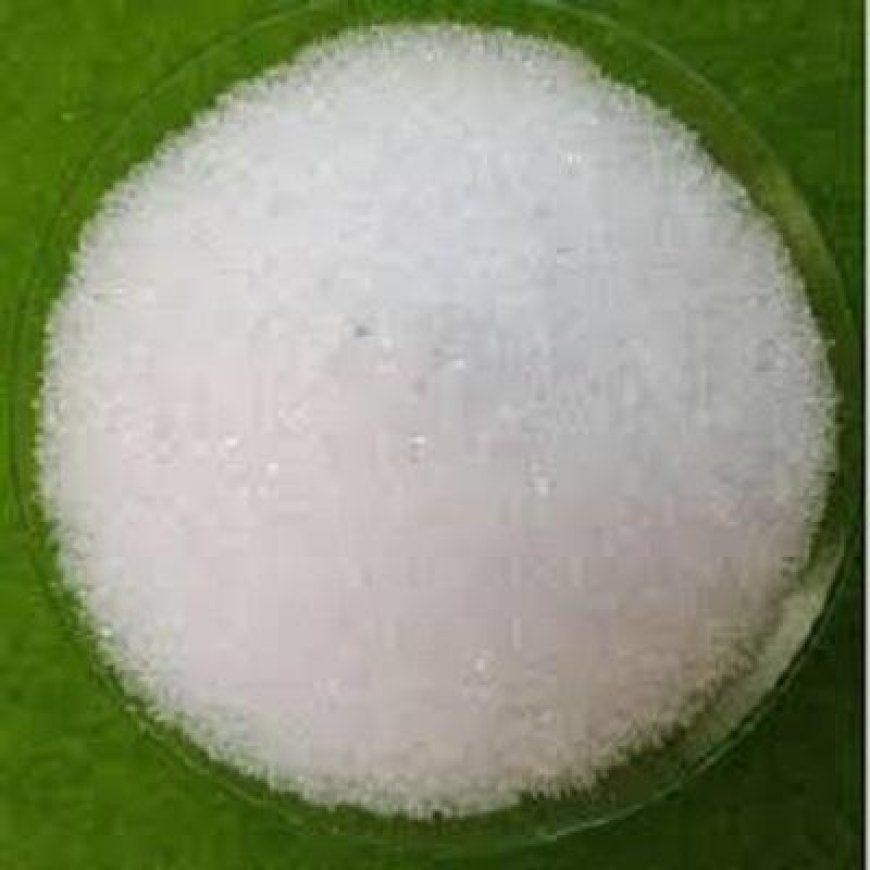Understanding Diammonium Hydrogen Phosphate (DAP): A Comprehensive Guide

Diammonium hydrogen phosphate (DAP) is a vital chemical compound used extensively in various industries, particularly in agriculture. Its formula, (NH4)2HPO4, indicates its composition: two ammonium ions and one hydrogen phosphate ion. This article delves into the properties, uses, benefits, and environmental impact of DAP, providing a detailed understanding for those interested in its applications and significance.
What is Diammonium Hydrogen Phosphate?
Diammonium hydrogen phosphate is an inorganic compound that appears as a white, crystalline powder. It is highly soluble in water, making it an effective source of phosphorus and nitrogen. These elements are essential nutrients for plant growth. The compound's versatility extends beyond agriculture into other fields such as fire retardants, yeast production, and pharmaceuticals.
Chemical Properties of DAP
The chemical properties of DAP make it a valuable component in various formulations. It has a pH of 7.5 to 8, making it slightly basic. This alkalinity helps neutralize acidic soils, promoting healthier plant growth. DAP decomposes at temperatures above 155°C, releasing ammonia and phosphoric acid. This decomposition is crucial for its role in fertilizers, where it provides readily available nutrients to plants.
Agricultural Applications of DAP
In agriculture, DAP is primarily used as a fertilizer. It supplies plants with phosphorus, which is critical for root development, energy transfer, and photosynthesis. Nitrogen, another essential nutrient in DAP, promotes leaf and stem growth. Farmers prefer DAP for its high nutrient content, ease of application, and ability to enhance soil fertility. It is particularly effective in promoting early plant growth and establishing strong root systems.
Benefits of Using DAP in Agriculture
The use of DAP in agriculture offers numerous benefits. It enhances soil fertility by providing essential nutrients that are readily absorbed by plants. This leads to improved crop yields and better quality produce. DAP also improves soil structure, allowing for better water retention and aeration. Additionally, it supports sustainable farming practices by reducing the need for chemical pesticides and herbicides, as healthy plants are more resistant to pests and diseases.
Industrial Uses of Diammonium Hydrogen Phosphate
Beyond agriculture, DAP has several industrial applications. It is used as a fire retardant due to its ability to release non-flammable gases when exposed to heat. In the food industry, DAP is a source of yeast nutrients in baking and brewing. It is also used in the production of ceramics and glass, where it acts as a flux to lower the melting point of raw materials. In pharmaceuticals, DAP is used as a buffering agent in certain medications.
Environmental Impact of DAP
The environmental impact of DAP usage is a subject of ongoing research and debate. While it is beneficial for agricultural productivity, excessive use can lead to nutrient runoff, causing water pollution and eutrophication of aquatic ecosystems. Proper management practices, such as precision farming and balanced fertilization, are essential to minimize these negative effects. Additionally, efforts are being made to develop more sustainable and eco-friendly alternatives to traditional DAP fertilizers.
Safe Handling and Storage of DAP
Handling and storing DAP require careful attention to safety guidelines. The compound should be kept in a cool, dry place away from moisture and incompatible substances like strong acids and alkalis. Personal protective equipment, such as gloves and masks, should be used to avoid skin and respiratory irritation. In case of spillage, it should be cleaned up promptly to prevent contamination of the environment.
Future Prospects of DAP
The future prospects of DAP are promising, with ongoing research focused on improving its efficiency and reducing its environmental footprint. Innovations in fertilizer technology, such as slow-release formulations and bio-based alternatives, aim to enhance the benefits of DAP while mitigating its drawbacks. As the global demand for food and sustainable agricultural practices grows, DAP will continue to play a crucial role in meeting these challenges.
Conclusion
Potassium Dihydrogen Phosphate Suppliers is a versatile compound with significant importance in agriculture and industry. Its ability to provide essential nutrients, improve soil fertility, and support various industrial processes makes it indispensable. However, responsible usage and management are crucial to minimize its environmental impact. As research and innovation advance, DAP will continue to evolve, contributing to sustainable development and agricultural productivity.
What's Your Reaction?
























